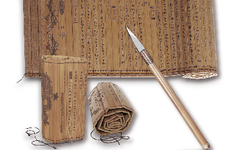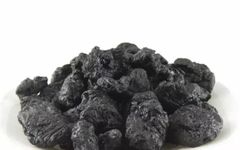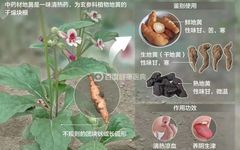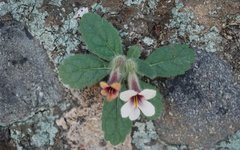Daily Herb – Shú Dì Huáng (Rehmannia Root) [Tonifying Herb]
Pinyin Shú Dì Huáng Alias Shú Dì (熟地) (from “Jing Yue Quan Shu”). Source “Bencao Tujing” Origin The root of the plant Rehmannia glutinosa or Rehmannia chingii, processed by steaming and drying. Plant Morphology For detailed plant morphology, refer to the section on “Gan Dì Huáng”. Habitat Distribution Mainly produced in Henan, Zhejiang, and other … Read more

![Daily Herb - Shú Dì Huáng (Rehmannia Root) [Tonifying Herb]](https://tcmland.com/wp-content/uploads/2025/03/6a936ffe-15eb-4327-9ac1-175acdf71c82.jpg)







